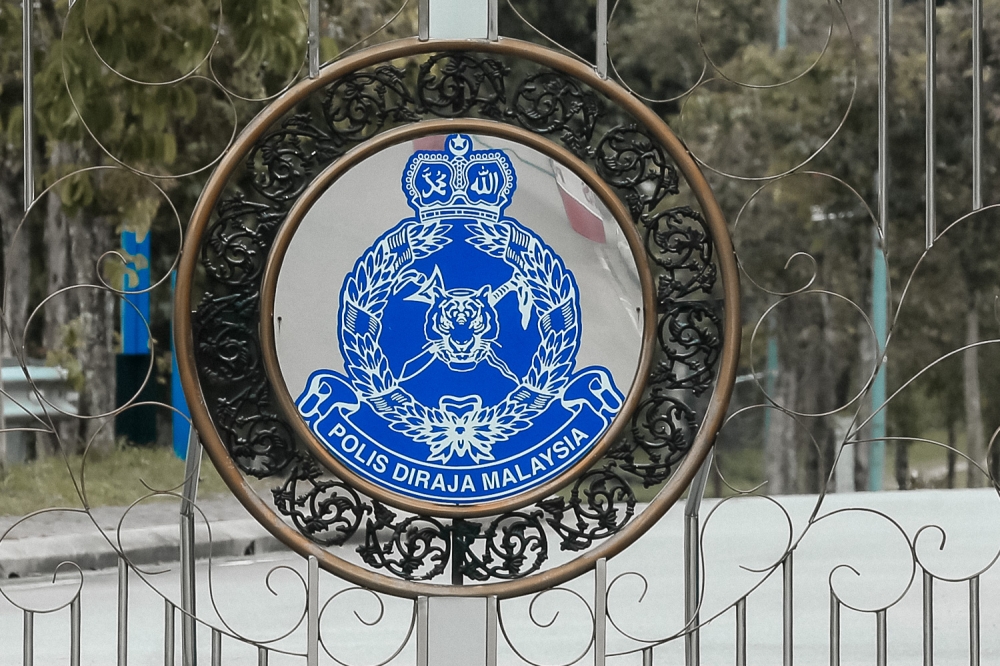JANUARY 25 — When Home Minister Saifuddin Nasution Ismail said that the role of the police is to facilitate assemblies, he was merely restating what the courts have said. (See the Court of Appeal cases of Nik Nazmi Nik Ahmad v PP [2014] 4 MLJ 157 and PP v Yuneswaran a/l Ramaraj [2015] 6 MLJ 47)
In Yuneswaran’s case, the Court of Appeal had this to say:
“The purpose of the Peaceful Assembly Act 2012 (PAA) is to facilitate the exercise of a right granted by art 10(1)(b) of the Federal Constitution and not to restrict it. The objects of the PAA are stated in Section 2 [which is] to ensure–
(a) so far as it is appropriate to do so, that all citizens have the right to organise assemblies or to participate in assemblies, peaceably and without arms; and
(b) that the exercise of the right to organise assemblies or to participate in assemblies, peaceably and without arms, is subject only to restrictions deemed necessary or expedient in a democratic society in the interest of the security of the Federation or any part thereof or public order, including the protection of the rights and freedoms of other persons.”
After citing Sections 9, 12, 14, 15 and 16 of the PAA, the Court, sitting as the apex court, continued:
“Section 12 of the PAA imposes on the police a positive duty, after receiving the notification, to inform persons who have interests regarding the details of the proposed assembly. And persons who have such interests may inform the police of their concerns or objections which in turn allow the police to impose such restrictions and conditions as permitted by Section 15.
“It follows, therefore, that a reasonable time must be accorded to the police and persons who may have interest, concerns or objections, to register them. If the organiser is aggrieved by any restriction or conditions imposed, he may appeal to the Minister under Section 16.

When Home Minister Saifuddin Nasution Ismail said that the role of the police is to facilitate assemblies, he was merely restating what the courts have said. — Picture By Raymond Manuel
“Under Section 14, the police has to respond to the notification under Section 9(1) within five days stating what restrictions and/or conditions were being imposed but crucially, under Section 14(2) if the police does not respond, the assembly may go ahead as proposed.
“From the above, it can be seen that the PAA is procedural in nature because nothing therein affects the substantive right to assemble peaceably. The PAA merely sets out a series of procedural steps to be taken to ensure and facilitate the exercise of a constitutional right.”
That the purpose of the PAA is to facilitate the exercise of the right under Article 10(1) (b) of the Federal Constitution can be gleaned from the prime minister’s speech during the second and third reading of the Peaceful Assembly Bill 2011. The prime minister had this to say:
“Rang Undang-undang Perhimpunan Aman 2011 digubal selaras dengan peruntukan Perkara 10(1)(b) dan (2)(b) Perlembagaan Persekutuan. Walaupun Perkara 10(1)(b) dan (2)(b), Perlembagaan Persekutuan tidak menyatakan secara jelas mengenai hak dan kebebasan orang lain dalam mengenakan sekatan terhadap berhimpun.
“Namun demikian demi keselamatan persekutuan atau ketenteraman awam hak orang lain harus diambil kira. Hak dan kebebasan orang lain termasuklah hak untuk menikmati secara aman harta bendanya, hak untuk kebebasan bergerak, hak untuk menikmati persekitaran semula jadi dan hak untuk menjalankan perniagaan (see Hansard at p 140).
Accordingly, the police have ceased its function as a decision maker. Instead, they have assumed the role as a regulator and facilitator for peaceable assembly.
Again, the Hansard can be referred to where the prime minister had stated as follows:
“Selanjutnya sebagai memeterai waad di antara kerajaan dan rakyat, maka akan dibentangkan Rang Undang-undang Perhimpunan Aman 2011 bagi menggantikan seksyen 27, Akta Polis 1967. Di bawah rang undang-undang baru, pihak polis yang selama ini sebagai penentu izin kini berubah peranannya menjadi pengawal selia undang-undang dan pemudah cara dengan ruang lingkup kebertanggungjawaban yang lebih jelas (see Hansard at p 117).
Based on the above, the Court of Appeal was of the view that every interest of the citizen must be treated equally. It is settled jurisprudence in public law that the rights of one set of citizens could override the rights of another.
The exercise of one’s rights must be balanced with each other. That was what the PAA intended to regulate.
The Court then cited the decision of the Indian Supreme Court in the case of Re Ramlila Maidan Incident [2012] INSC 138 where it was said:
“The restriction placed on a fundamental right would have to be examined with reference to the concept of fundamental duties and non-interference with liberty of others. Therefore, a restriction on the right to assemble and raise protest has also to be examined on similar parameters and values.
“In other words, when you assert your right, you must respect the freedom of others. Besides imposition of a restriction by the State, the non-interference with liberties of others is an essential condition for assertion of the right to freedom of speech and expression. In the case of Dr. D.C. Saxena v Hon’ble the Chief Justice of India (1996) 5 SCC 216, this court held:
“If maintenance of democracy is the foundation for free speech, society equally is entitled to regulate freedom of speech or expression by democratic action. The reason is obvious, viz., that society accepts free speech and expression and also puts limits on the right of the majority.
“Interest of the people involved in the acts of expression should be looked at not only from the perspective of the speaker but also the place at which he speaks, the scenario, the audience, the reaction of the publication, the purpose of the speech and the place and the forum in which the citizen exercises his freedom of speech and expression.
“The State has legitimate interest, therefore, to regulate the freedom of speech and expression which liberty represents the limits of the duty of restraint on speech or expression not to utter defamatory or libelous speech or expression.” (Emphasis added)
If the provisions of the PAA are not complied with, then the right to assemble peaceably would result in the rights of others to be trampled upon flagrantly. The police would not be able to play their role as facilitators and regulators effectively.
Indeed, they may not even be able to prepare adequately to provide protection for those participating in the assemblies. This is a recipe for public disorder. That would run counter to the purpose of the PAA.
* This is the personal opinion of the writer or publication and does not necessarily represent the views of Malay Mail.







